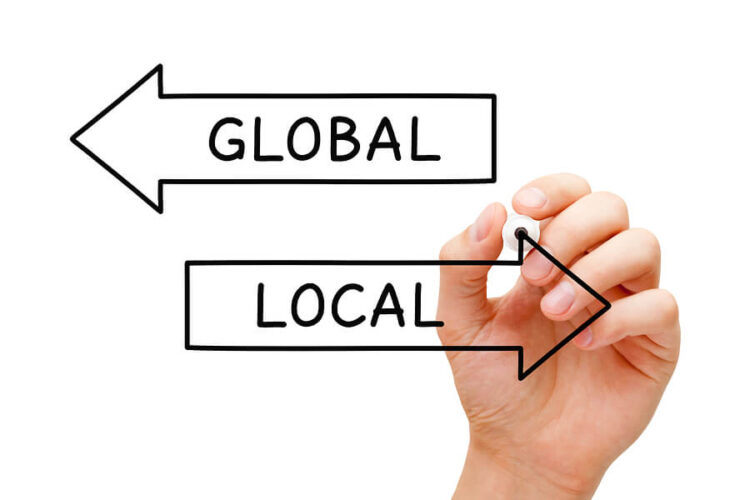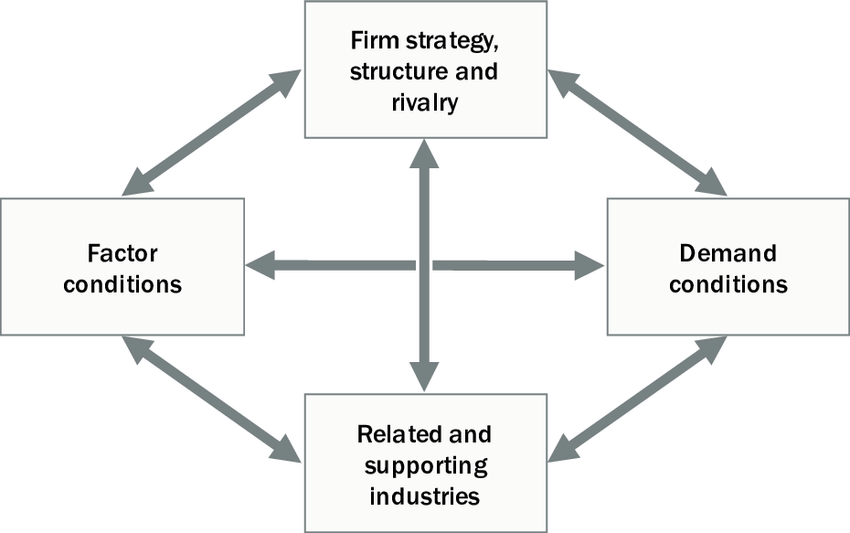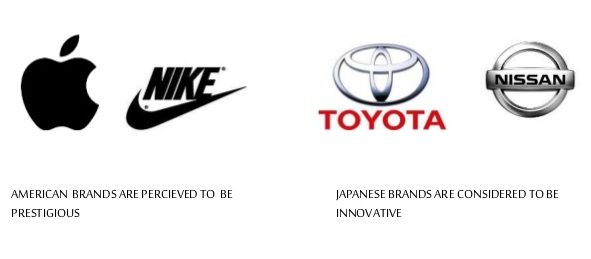Gender balance in organizations refers to the equal representation and participation of individuals of different genders in various positions and roles within the organization. Striving for gender balance is not only a moral imperative but also a sound business strategy. It has been proven that organizations with a diverse and inclusive workforce perform better than those with a homogeneous workforce. In this essay, we will discuss the importance of gender balance in organizations and the ways in which organizations can strive to achieve gender balance.
The Importance of Gender Balance in Organizations Gender balance in organizations is critical for several reasons.… Read the rest





